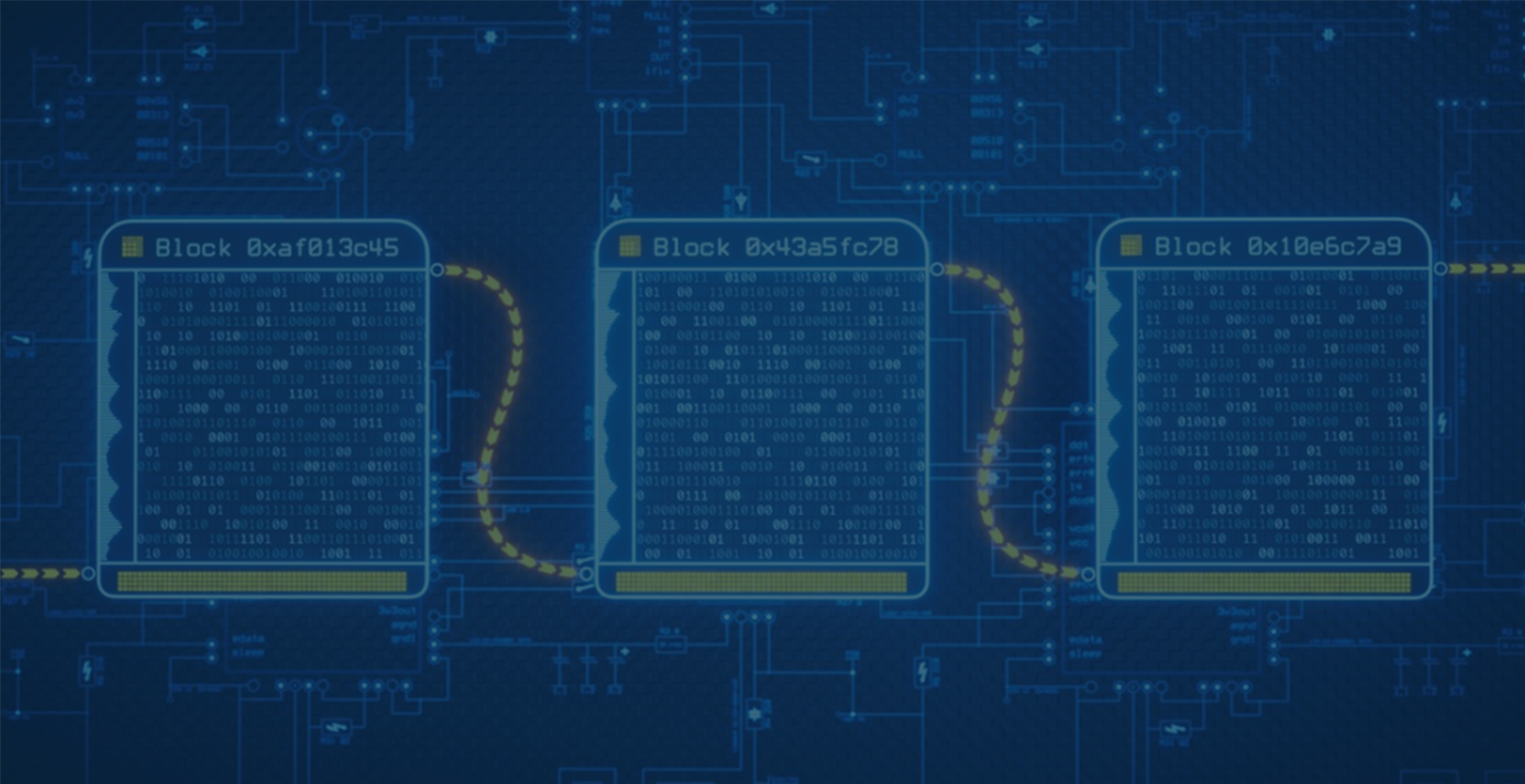
Unlocking the Potential of the Internet of Value: A Paradigm Shift in Finance
Understanding the Concept
The Internet of Value represents a fundamental shift in how we perceive and engage with financial transactions. Unlike traditional banking systems that rely on intermediaries to facilitate exchanges, the Internet of Value leverages blockchain technology to enable direct peer-to-peer transactions, cutting out unnecessary middlemen and reducing transaction costs.
Exploring Blockchain Technology
At the core of the Internet of Value lies blockchain technology, a decentralized ledger that records and verifies transactions across a network of computers. By removing the need for a central authority to oversee transactions, blockchain technology enables secure, transparent, and efficient exchanges of value, paving the way for a more inclusive and accessible financial system.
Redefining Cross-Border Transactions
One of the most significant implications of the Internet of Value is its ability to facilitate seamless cross-border transactions. With traditional banking systems, sending money internationally can be slow, costly, and riddled with inefficiencies. By contrast, the Internet of Value allows individuals and businesses to transfer funds across borders in real-time, with lower fees and greater transparency.
Empowering Financial Inclusion
The Internet of Value has the potential to empower millions of people around the world who lack access to traditional banking services. By providing a decentralized platform for financial transactions, the Internet of Value enables individuals in underserved communities to participate in the global economy, access credit, and build wealth, thereby promoting greater financial inclusion and economic empowerment.
Enhancing Security and Transparency
Another key benefit of the Internet of Value is its emphasis on security and transparency. Unlike traditional banking systems, where transactions are often opaque and susceptible to fraud, blockchain technology provides a tamper-proof record of all transactions, ensuring greater transparency and accountability. Additionally, the decentralized nature of blockchain networks makes them resistant to hacking and manipulation, enhancing the security of financial transactions.
Challenges and Opportunities
While the Internet of Value holds tremendous promise for revolutionizing the financial industry, it also presents several challenges that must be addressed. These include regulatory uncertainty, scalability issues, and interoperability concerns. However, with the right regulatory framework and technological advancements, these challenges can be overcome, unlocking the full potential of the Internet of Value to transform the global financial landscape.
Exploring Use Cases
Already, we are seeing the Internet of Value being applied in a variety of industries and use cases. From remittances and cross-border payments to supply chain management and digital identity verification, the potential applications of the Internet of Value are vast and far-reaching. As businesses and governments continue to explore and adopt blockchain technology, we can expect to see even greater innovation and disruption in the years to come.
Looking Towards the Future
In conclusion, the Internet of Value represents a paradigm shift in finance, enabling more secure, efficient, and inclusive financial transactions. By leveraging blockchain technology, the Internet of Value has the potential to transform the way we think about money, democratize access to financial services, and foster greater economic empowerment and prosperity for all. As we continue to navigate this new frontier, the possibilities for innovation and positive change are limitless. Read more about internet of value
